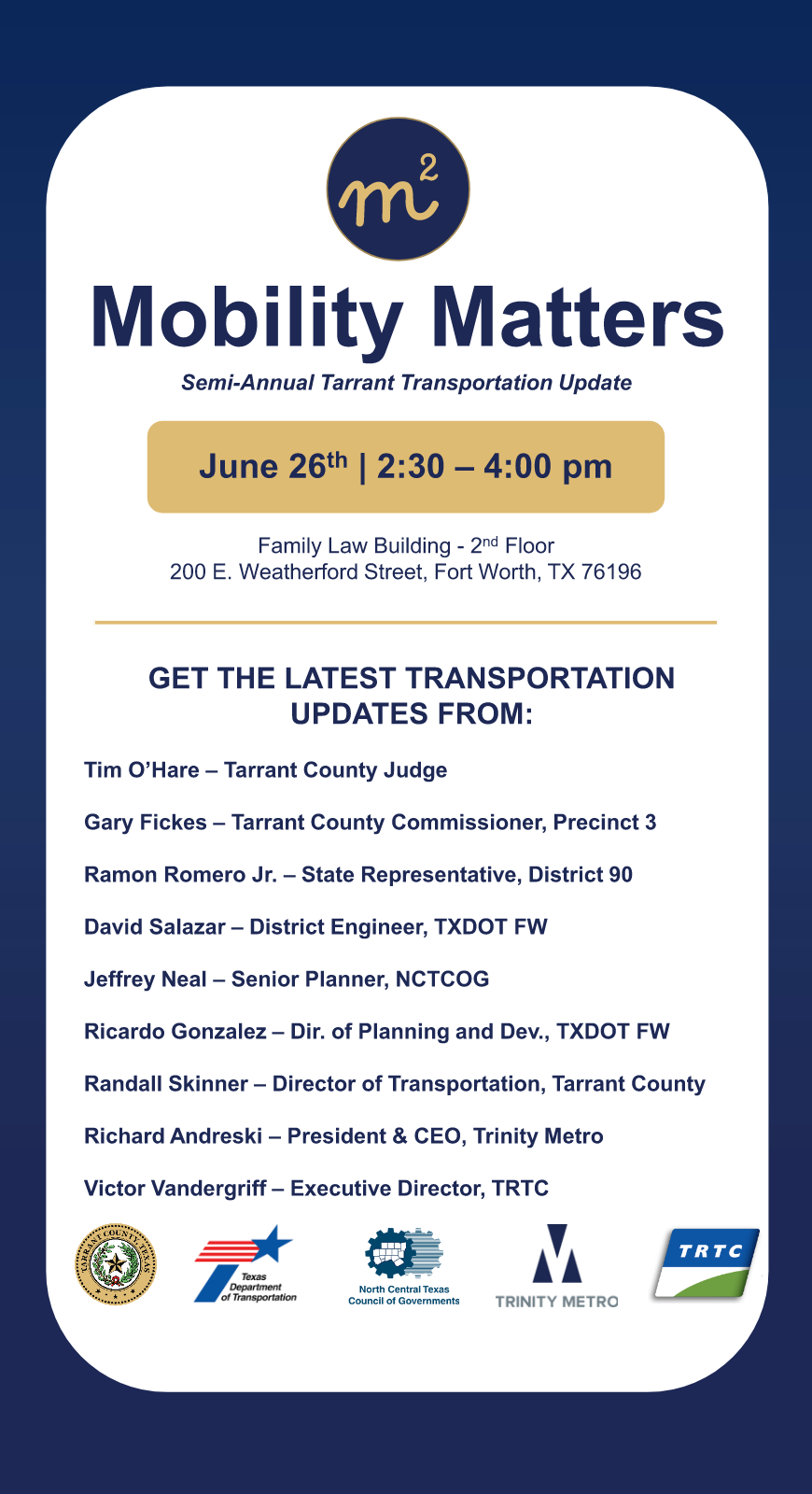Looking for Tarrant County bond records? You’ve come to the right place, my friend. Whether you're a curious citizen, a legal professional, or just someone trying to get the scoop on a particular case, we've got all the info you need. Bond records in Tarrant County hold crucial details about arrests, charges, and bail amounts. So, let's dive right in and unpack what you need to know!
Let’s be honest, navigating the legal system can feel like wandering through a maze blindfolded. But don’t worry, we’re here to shed some light on the situation. Tarrant County bond records are more than just paperwork—they’re a gateway to understanding the judicial process. From court dates to bail conditions, these documents provide transparency that’s essential for both individuals and the community.
Now, buckle up because this article isn’t just any run-of-the-mill guide. We’re breaking down the complexities of Tarrant County bond records into bite-sized chunks that even a first-timer can digest. So whether you’re looking for personal info or just want to know how it all works, keep reading—you won’t regret it!
Read also:Dog Giza Pyramid The Hidden Connection Between Mans Best Friend And Ancient Wonders
Here’s a quick roadmap to help you navigate this article with ease:
- What Are Bond Records?
- Importance of Tarrant County Bond Records
- How to Access Tarrant County Bond Records
- Common Types of Bonds
- The Legal Process Behind Bond Records
- Privacy Concerns
- Resources for Bond Records
- FAQ About Tarrant County Bond Records
- Tips for Using Bond Records
- The Future of Bond Records
What Are Bond Records?
Bond records, in simple terms, are official documents that outline the terms and conditions of a person’s release from jail pending trial. These records are critical in the judicial process, especially in Tarrant County. They include details like the bail amount, the nature of the charges, and any specific conditions imposed by the court.
Think of bond records as the blueprint for how someone can regain their freedom temporarily while awaiting trial. It’s not just about money; it’s about accountability and ensuring that individuals appear in court when required. Tarrant County bond records play a pivotal role in maintaining the integrity of the legal system.
Why Do Bond Records Matter?
Bond records matter because they offer transparency in the justice system. They allow the public to see how bail is determined and ensure that the process is fair and consistent. Plus, they’re super useful for legal professionals, journalists, and even family members who need to stay informed about a case.
For instance, if someone gets arrested in Tarrant County, their bond record will provide clarity on what steps need to be taken next. It’s like having a cheat sheet for navigating the legal labyrinth.
Importance of Tarrant County Bond Records
Tarrant County bond records are more than just bureaucratic paperwork. They serve as a vital link between the judicial system and the community. By making these records accessible, the county ensures that everyone has the right to information about legal proceedings.
Read also:Mesquite Tx Attractions Your Ultimate Guide To Fun And Adventure
But why are they so important? Well, for starters, they promote accountability. When people can access bond records, they can hold the justice system accountable for its decisions. It’s like having a front-row seat to how justice is served—or not served—in Tarrant County.
Plus, bond records help families and friends stay informed about their loved ones’ legal situations. Whether it’s figuring out bail amounts or understanding court dates, these records provide clarity during uncertain times.
How to Access Tarrant County Bond Records
Accessing Tarrant County bond records is easier than you might think. The county provides several avenues for obtaining these documents, both online and offline. Let’s break it down for you:
Online Access
The simplest way to access bond records is through the Tarrant County Sheriff’s Office website. They have an online portal where you can search for records by name, case number, or date of arrest. Just head over to their website, plug in the details, and voila! You’ve got your info.
In-Person Requests
If you prefer the old-school method, you can visit the Tarrant County Courthouse in person. Bring along some ID and be prepared to fill out a request form. While this method might take longer, it’s a great option if you need a physical copy of the records.
Pro tip: If you’re visiting in person, it’s always a good idea to call ahead and confirm the hours of operation. You don’t want to make the trip only to find the office closed!
Common Types of Bonds
Not all bonds are created equal. In Tarrant County, there are several types of bonds that you might encounter:
- Cash Bond: This is when the full bail amount must be paid upfront to secure release.
- Surety Bond: A surety bond involves a third party, like a bondsman, who guarantees the defendant’s appearance in court.
- Personal Recognizance Bond: Also known as a PR bond, this allows the defendant to be released without paying bail, provided they promise to appear in court.
- Property Bond: In some cases, property can be used as collateral to secure release.
Each type of bond has its own set of rules and requirements. Understanding the differences can save you a lot of headaches down the road.
The Legal Process Behind Bond Records
The legal process behind bond records is fascinating, albeit a bit complex. When someone is arrested in Tarrant County, their case is reviewed by a judge who determines the appropriate bail amount. This decision is based on factors like the severity of the crime, the defendant’s criminal history, and the likelihood of them fleeing.
Once the bail amount is set, the details are recorded in the bond record. This record then becomes part of the public domain, allowing anyone to access it. It’s a carefully orchestrated process that balances justice with transparency.
What Happens If Bail Isn’t Paid?
If bail isn’t paid, the individual remains in custody until their trial date. However, there are options like working with a bondsman or petitioning the court for a lower bail amount. It’s a situation that requires quick thinking and strategic planning.
Privacy Concerns
While bond records are public information, there are legitimate privacy concerns associated with them. Some people worry about sensitive details being exposed, especially in high-profile cases. Tarrant County takes these concerns seriously and has measures in place to protect personal information.
For example, certain details like Social Security numbers and home addresses are often redacted from public records. It’s a fine line between transparency and privacy, and Tarrant County strives to strike the right balance.
Resources for Bond Records
Need more info on Tarrant County bond records? Here are some reliable resources to check out:
- Tarrant County Sheriff’s Office: Their website is a treasure trove of information on bond records and related topics.
- Tarrant County Courthouse: If you prefer face-to-face interaction, the courthouse staff can guide you through the process.
- Local Legal Aid Services: These organizations often provide free or low-cost assistance with navigating bond records.
Remember, knowledge is power. The more resources you utilize, the better equipped you’ll be to handle any legal challenges that come your way.
FAQ About Tarrant County Bond Records
How Long Do Bond Records Stay Active?
Bond records typically remain active until the case is resolved. Once the trial concludes, the records may be archived but are still accessible through official channels.
Can Anyone Access Bond Records?
Yes, bond records are public information. However, some sensitive details may be redacted to protect privacy.
What Happens If I Can’t Afford Bail?
If you can’t afford bail, you have options like working with a bondsman or petitioning the court for alternative release methods.
Tips for Using Bond Records
Using bond records effectively requires a bit of know-how. Here are some tips to help you get the most out of them:
- Double-check the details to ensure accuracy.
- Understand the terminology used in bond records to avoid confusion.
- Consult with a legal professional if you’re unsure about any aspect of the records.
By following these tips, you’ll be well on your way to mastering the art of bond records.
The Future of Bond Records
The future of bond records is shaping up to be exciting. With advancements in technology, accessing and managing bond records is becoming more streamlined. Tarrant County is exploring digital solutions to enhance accessibility and efficiency.
Imagine a world where bond records are just a tap away on your smartphone. It’s not far-fetched—it’s the future we’re heading toward. Embrace the change, and you’ll find navigating the legal system a breeze.
Kesimpulan
There you have it, folks—a comprehensive guide to Tarrant County bond records. From understanding what they are to learning how to access them, we’ve covered it all. Bond records may seem daunting at first, but with the right info, they’re a piece of cake.
So, what’s next? Take action! Whether it’s visiting the Tarrant County Sheriff’s Office website or reaching out to legal professionals, don’t hesitate to use the resources available to you. And remember, knowledge is your best ally in navigating the legal system.
Feel free to leave a comment or share this article with others who might find it useful. Together, let’s make the world of bond records a little less mysterious and a lot more accessible!


